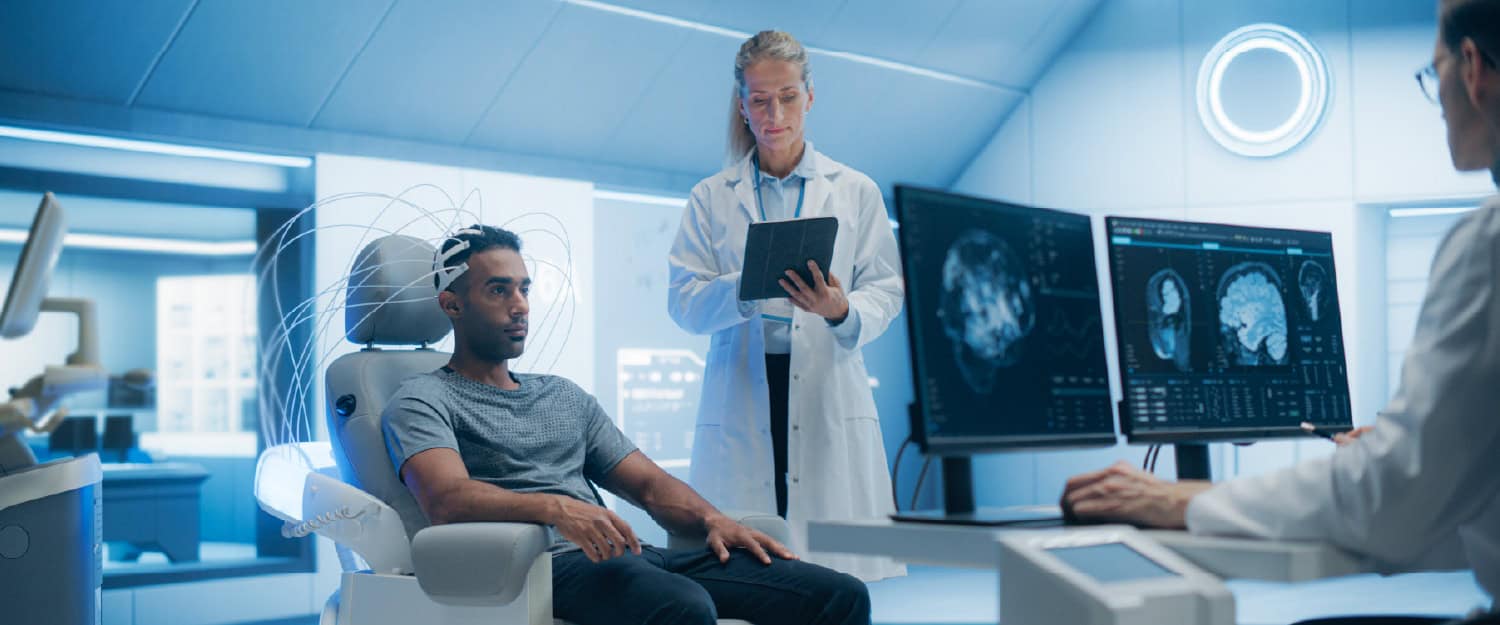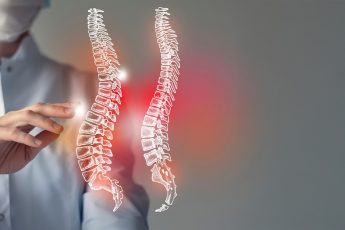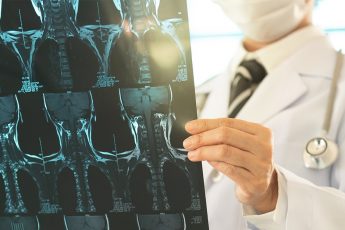
What Does a Neurosurgeon Do? Brain & Spine Care Explained
When most individuals hear the term “neurosurgeon,” they will be imagining computerised brain surgery in futuristic operating rooms. This is some of what neurosurgeons do, yet their practices involve a whole lot more than what is depicted in films or on television. Neurosurgeons are expert physicians trained in diagnosing, treating, and caring for disorders in the brain, spine, and nervous system — the very system that governs every function in the human body.
At Adam Vital Hospital, we witness the life-altering power of neurosurgery daily. From facilitating the recovery of patients with crippling spine issues to conducting intricate brain surgeries that bring people back from the brink of death, our neurosurgeons are leaders in cutting-edge medical treatment. But just what does their job entail, and when should you seek one out?
Understanding the Role of a Neurosurgeon
A neurosurgeon is a highly specialized medical physician with expertise in diseases that involve the brain, spinal cord, peripheral nerves, and supporting blood vessels. Contrary to what one might think, neurosurgeons are more than mere surgeons. They are also treatment planners, diagnosticians, and long-term caretakers.
Their education is long, sometimes more than a decade of medical school, specialized residency, and practical surgical experience. Their long preparation prepares them to treat some of the most intricate medical ailments with skill and accuracy.
What Conditions Do Neurosurgeons Treat?
The field of neurosurgery is broad, treating many neurological and spinal conditions. Some of the most prevalent conditions treated by the neurosurgeons at Adam Vital Hospital are:
Brain Tumors – Cancerous and non-cancerous growths on the brain that may impair cognitive, motor, and sensory functioning.
Spinal Disorders – Herniated discs, spinal stenosis, scoliosis, and degenerative spine diseases.
Traumatic Brain Injuries – Due to accidents, falls, or sports injuries, needing prompt and professional treatment.
Aneurysms and Vascular Disorders – Abnormalities in the arteries of the brain or spine that might cause strokes or hemorrhages if not treated.
Chronic Pain and Nerve Disorders – Trigeminal neuralgia, carpal tunnel syndrome, or peripheral nerve damage, for example.
Surgery is Just One Part of Their Work
One of the largest myths surrounding neurosurgeons is that they perform surgery alone. Actually, surgery tends to be a last resort. Here at Adam Vital Hospital, our neurosurgeons start by conducting extensive evaluations — examining medical history, performing neurological tests, and employing sophisticated imaging modalities such as MRI or CT scans to learn the cause of symptoms.
Non-invasive therapies like medications, physical therapy, and less invasive procedures are usually tried first. Surgery is undertaken when it is necessary, and our hospital employs the best available technology and methodology to ensure complete safety and quicker recovery.
Advanced Methods of Modern Neurosurgery
Neurosurgery has made significant advances in the recent past. Our neurosurgeons at Adam Vital Hospital employ cutting-edge equipment like:
Microsurgery – Working through high-powered microscopes for unmatched precision.
Minimally Invasive Spine Surgery – Employing small incisions and advanced instrumentation to minimize pain and recovery.
Neuronavigation Systems – Imaging in real time that functions as a GPS for the surgeon within the brain.
Endoscopic Neurosurgery – Repairing brain and spinal disorders using tiny cameras and instruments passed via small openings.
These technologies not only enhance surgical results but also enable patients to return to their quality of life more quickly.
When Should You See a Neurosurgeon?
You may not always know when a neurosurgeon is the right specialist to consult. Persistent symptoms such as chronic headaches, numbness or weakness in the limbs, severe back or neck pain, sudden loss of coordination, or episodes of fainting and seizures should never be ignored. These could indicate underlying neurological issues that require expert evaluation.
At Adam Vital Hospital, our multidisciplinary team ensures that every patient receives comprehensive care. Often, our neurosurgeons collaborate with neurologists, orthopedic specialists, and rehabilitation experts to provide an integrated treatment plan tailored to each individual.
A Commitment to Patient-Centred Care
For patients and families, a brain or spine condition can be overwhelming. Our neurosurgeons not only possess unparalleled technical skill, but also a compassionate treatment approach. They discuss diagnoses, treatment choices, and outcomes in ways that enable patients to make informed decisions.
Final Thoughts
A Neurosurgeon’s job is not merely surgery — it’s about healing lives. From diagnosing and treating complicated neurological disorders to doing lifesaving procedures and walking patients through healing, they are a vital part of contemporary medicine.
At Adam Vital Hospital, our neurosurgery unit is a center of excellence where technology meets personalized care. If you or a family member is suffering from symptoms of the brain, spine, or nervous system, seeking special care may be the key.




